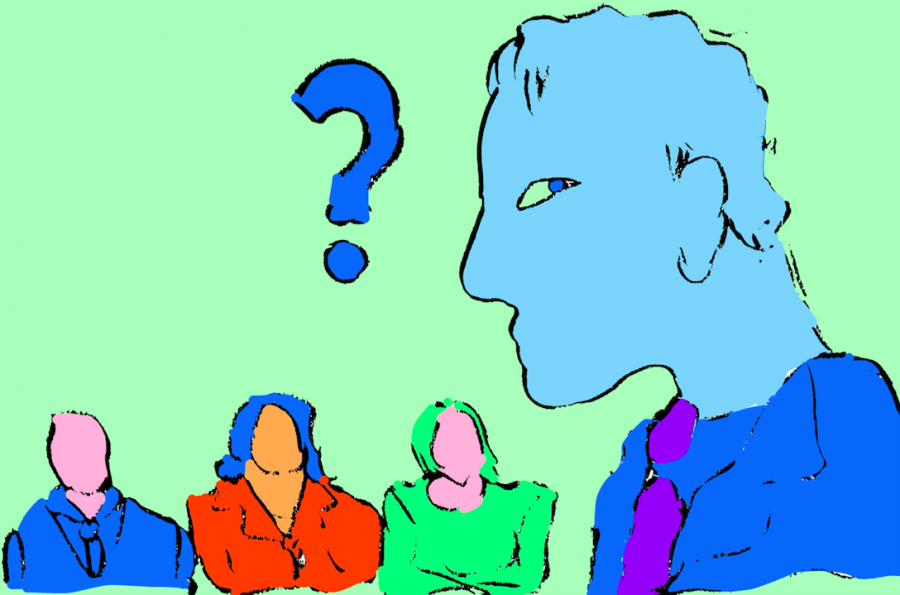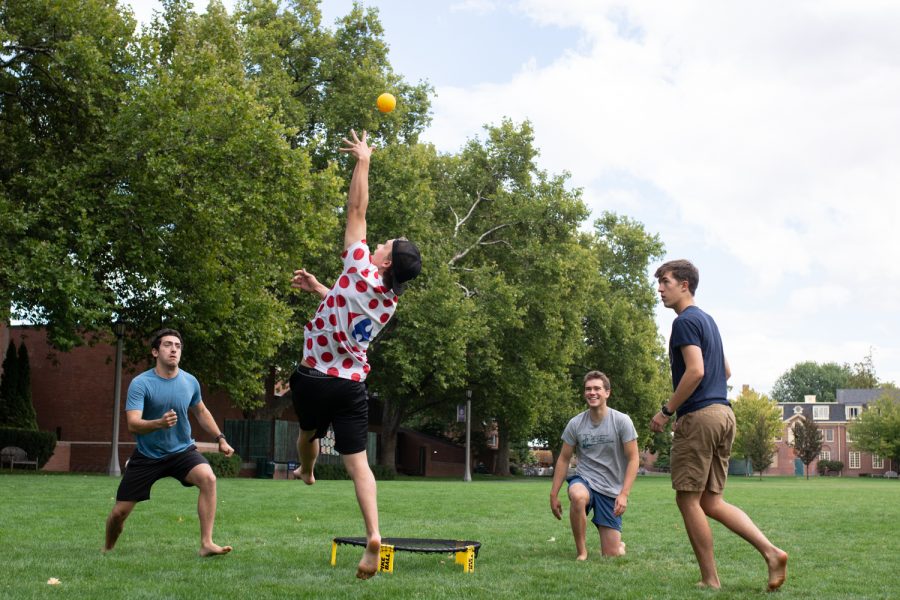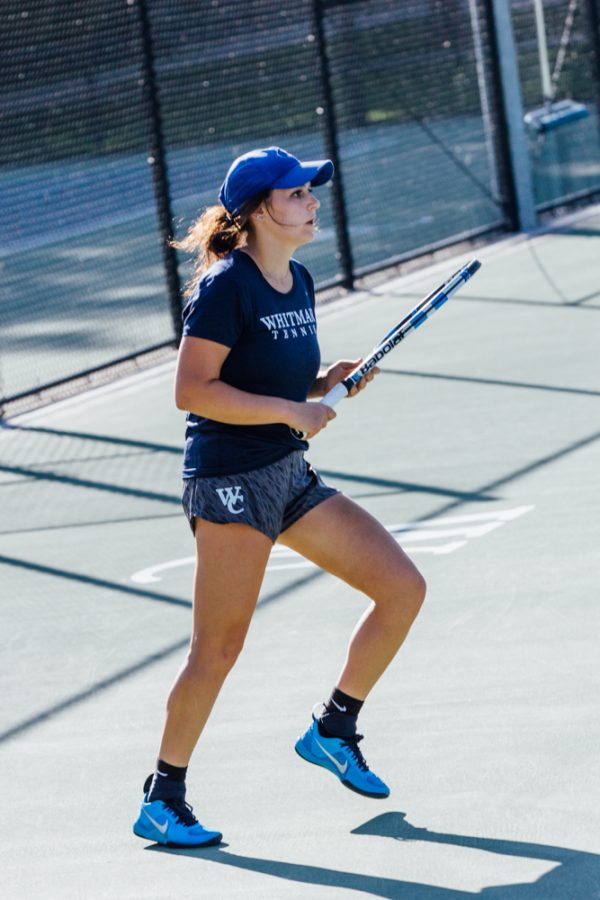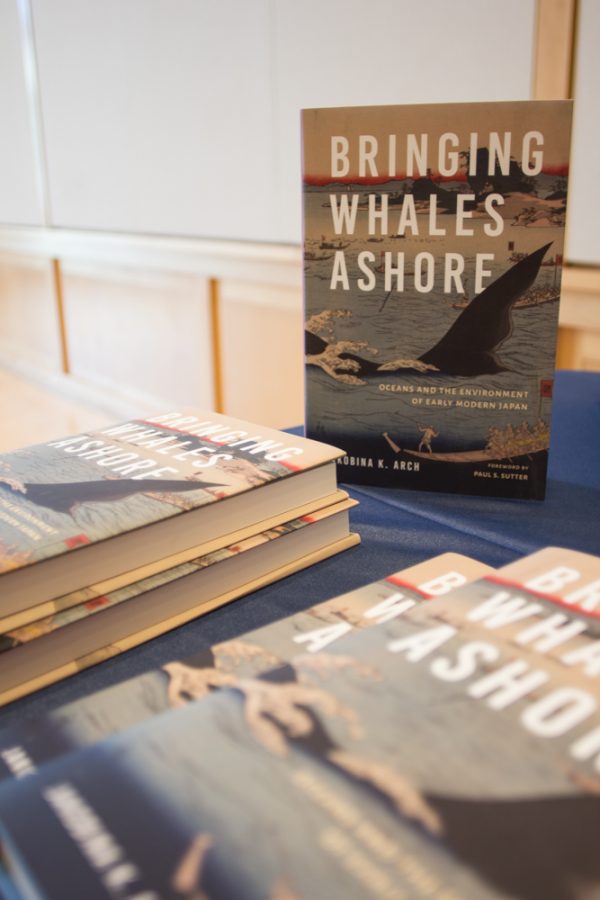This is Richael Best, back again to write about my studies and adventures in Aix-en-Provence. In honor of our two weeks of midterms, I thought I would write a little more in depth about my classes here in France.
In name, my most standard class is Conversation and Composition II, but it’s very much about the practicalities of living in France. We’ve studied la presse, including newspapers, magazines, television, and radio, and have written various articles on a wide range of subjects including a music biography/review, a tourism piece about the local market, and a fait divers, which is a little article about a not-so-important but fairly amusing subject. And then we learned about colloquial expressions and idioms, most of which I have now recognized in conversation with my host family people in town––there are so many of these little phrases. For the last week or two we’ve been working on the culture of the French marché, the outdoor markets of grand proportions and many vendeurs selling everything from local vegetables, cheese, charcuterie, and honey, to handmade baskets, the famous Marseille soap, old leather-bound books, and used records. Our class bought a variety of ingredients last week, and had a dégustation, or tasting, afterward, after making two types of tapenade. It’s an enjoyable class––very relaxed, and fairly useful. I have few compositions for my other classes, so it helps to keep me writing.
I’m also taking a class on French phonetics, which has immensely aided my pronunciation already. We’ve learned the International Phonetic Alphabet (IPA, or API in French) and practice transcribing French to IPA and back again. Once a week our class is centered on oral comprehension, with students giving presentations that spark discussion and practice with dictées, or transcriptions of a text read aloud. We also listen to radio clips, watch short news films, and talk about what we understood and what was unclear. We also have a session at a language lab at the Faculté des Lettres, one of the local universities, every week, where we listen to texts––poems, dialogues, songs, phonetic exercises––read aloud by our professor, record ourselves repeating those same texts, listen to our own pronunciation, and get individual feedback from our professor as we work. It can be difficult at times to realize how differently an American’s mouth is trained when compared to a French person’s. We each have everyday sounds the other cannot pronounce, and vice versa. But this class helps us get past those boundaries, as well as offers an enormous amount of listening comprehension, not the least of which is attempting to understand our professor, who speaks softly and rapidly in his educated French and speaks almost no English at all. I think it’s fabulous to have a teacher like this because it forces you to improve––missing one sentence of muttered direction can mean totally misunderstanding the details of the homework, for example, or missing a funny enlightening fact about our professor’s life.
My third class is Communication in French Theatre, taught by a feisty, hilarious French woman who has worked in theatre for years while teaching French. She loves using exaggerated gestures and facial expressions to encourage us to push our pronunciation to the limit and break the boundaries of our American comfort zones in terms of vowel sounds and intonation. It’s as much a class about language and pronunciation as it is about theatre. We memorized the end of Beckett’s En Attendant Godot, read Ionesco’s La Cantatrice Chauve and performed scenes from the same, and are now working on monologues from his Rhinocéros. We also talk often about words or phrases we overhear but can’t understand, talk about the different possible senses of each word and when certain words are appropriate and not others, and discuss the origins of French slang words and why they actually make a lot more sense than it might seem.
My big experiment for the semester was taking a history class. Normally history terrifies me because I don’t know enough about it––rather than appreciating the knowledge I gain from it, I realize the extent of my ignorance and become frustrated by the inherently biased nature of history. But I needed another class taught in French in order to join the French Honors Program (more on that in a minute), so I decided that learning a bit about France’s history would be a good idea, as would stepping out of my comfort zone. The class is called l’Histoire de Provence au travers de ses monuments (The History of Provence through its Monuments), and is part history, part art history, which I love. Our professor is a young archaeologist who has a wonderfully weird sense of humor and a horrible accent when he tries to translate vocabulary words into English to help us understand. We go on a lot of excursions to historical places, like the archaeological sites of Entremont and Glanum (two ancient gaulois cities), the Roman amphitheatre in Arles, and the cathedral in Aix, which happens to be across the street from our school. As nervous as I was at the start of this class, I find myself enjoying it immensely. For one thing, it helps give more perspective to the region and the long background of this place, and it makes even walking around town more meaningful. The excursions also take us to places I wouldn’t necessarily have sought out but find fascinating, especially with expert knowledge presented in an approachable and amusing way. And of course it’s all in French, and it’s endlessly satisfying to realize halfway through class that I no longer have to work hard mentally to understand the technical vocabulary and rapid pace. I don’t know if history will become my new favorite subject––certainly a charismatic French professor and abundant field trips have a lot to do with my level of enjoyment––but I’m very excited that I actually look forward to a history class.
My last full class, which I knew I had to take when I joined this program, is drawing and painting. IAU has an art program attached to their mostly liberal arts and French curriculum called the Marchutz School, located east of town toward the Montagne Saint Victoire. It’s a little haven of philosophical, artistically-minded students, and I get to spend six hours a week out in an adorable building in the provençal countryside drawing gorgeous models, copying famous paintings, and making portraits of my fellow students. Soon we’ll start expanding our horizons and toting our easel-laden backpacks to paint our own versions of Cezanne’s famous representations of Mt. Saint Victoire. I should say now that I’ve never taken a formal drawing or painting class, and I thought drawing was absolutely impossible until my artistic journaling class last semester when I realized that if you really look at how something looks in terms of light and shadow instead of how you think it looks, your drawing of it will turn out much better. Even so, I started this class with no training, and on day one we did figure studies. Talk about overwhelming. But this class is all about throwing you in with no preliminary and letting you figure things out for yourself. It’s a very cool philosophy, and I’ve been having a lot more success that way than when they explain things in detail––like color theory: I had no trouble mixing the right colors of paint when I knew nothing, but after talking in depth about color theory, it was suddenly impossible. My portraits are starting to improve again now after loosening up a bit. I think we’re all embracing the artistic heritage of Provence and becoming impressionists. It works, somehow, with the ambiance and the light here. Being too exact doesn’t work, and fluid strokes let the painting breathe, somehow, and give more of a personality to the person you’re trying to represent. Anyway, I’m having a lot of fun with the class even though it’s really hard. The atmosphere is incredibly supportive, which helps a lot when you just want to destroy your canvas.
I’m also in the weekly French Honors seminar taught by the director of IAU. We have a different topic of French culture to discuss each week, like politics and the election, French/American relations, or winemaking. We also keep journals in French and are obligated to speak French with other students of approximately our level. One of my professors recommended me for the program after a few days of class, and it’s been great so far. In addition to having more intensive practice with French, we get to go on extra excursions like visits to vineyards, chapels, dance performances, and museums.
All in all, my classes here are going really well. I love having all French professors, speaking French in all of my classes, taking notes in French, etc. There is definitely less homework here than at Whitman, but we use the time not doing reading to explore town, have long dinners with our host families, talk to people in shops and at the market, and learn through practice the things we discuss in class. I’m also starting an internship at a boulangerie this week, which fulfills a lifelong dream. I just hope it’s as grand as I expect to be surrounded by freshly baked pastry all day.





